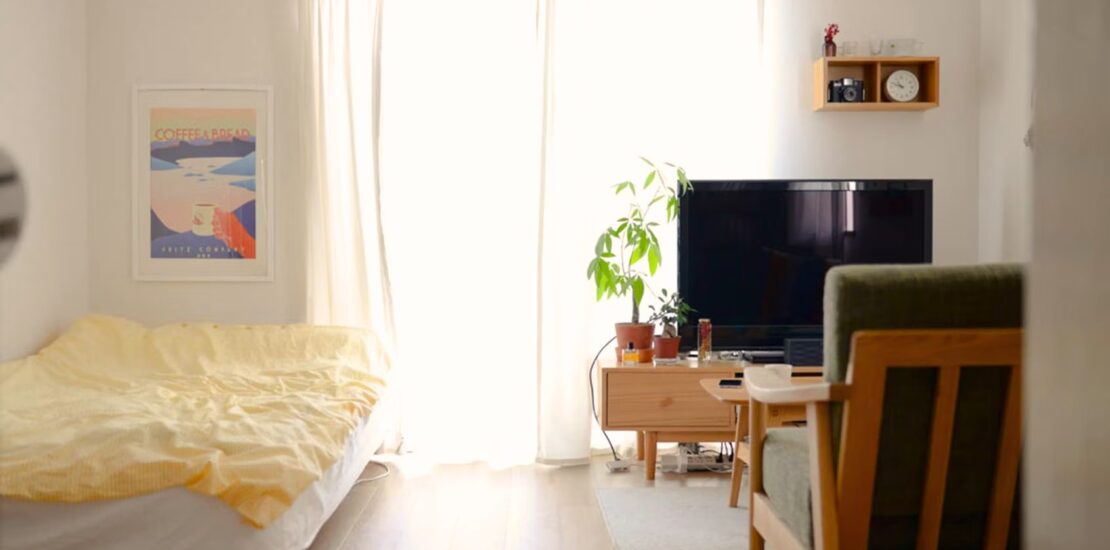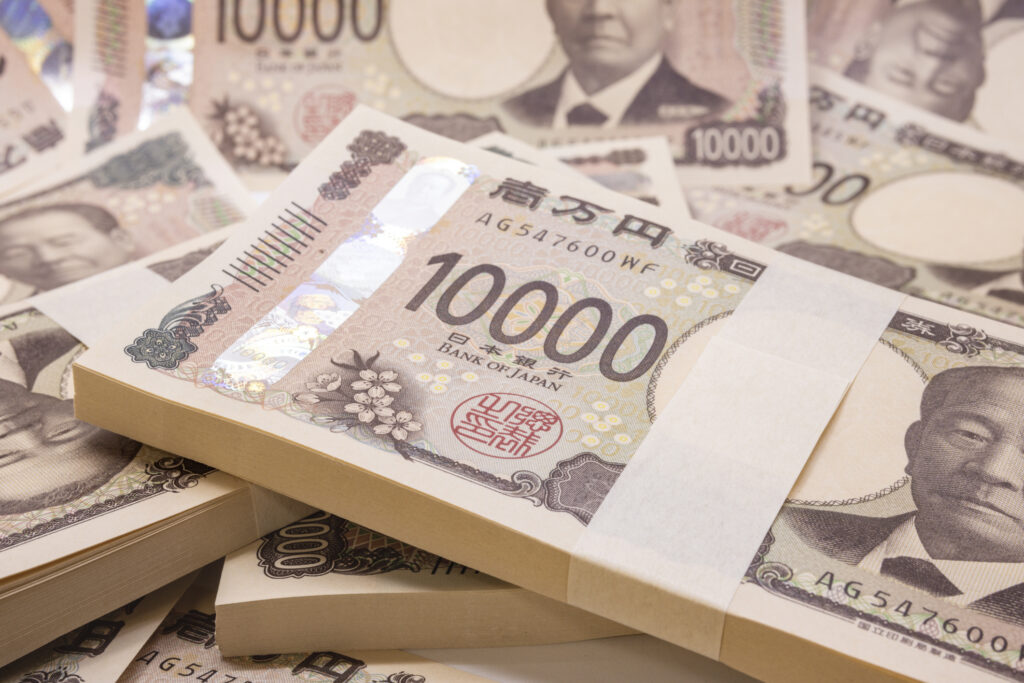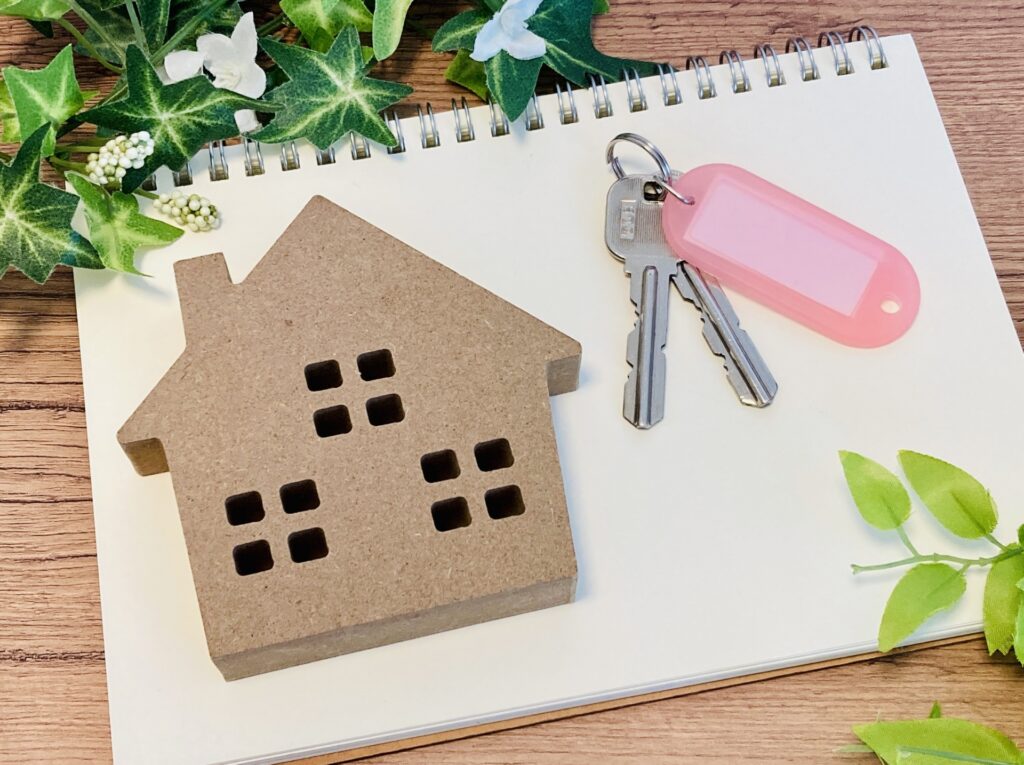Discover the unique practice of “key money” in Japan, including its origins, costs, regional variations, and tips for expats navigating the rental market.

When renting an apartment in Japan, expats often encounter a unique concept known as “key money” or “reikin” (礼金). In fact, this practice, deeply rooted in Japanese real estate traditions, can be both surprising and confusing for newcomers. Therefore, in this article, we will explore the details of key money, its historical context, regional variations, and recent trends to help you navigate the rental landscape in Japan.
What is Key Money?

Key money is a non-refundable fee paid to landlords when renting a property in Japan. Typically, it is equivalent to one to two months’ rent, serving as a gesture of gratitude to the landlord for allowing you to rent their property. Unlike a security deposit, which is refundable at the end of your lease, key money is considered a gift and is not returned.
Breakdown of Costs
When renting an apartment, it’s essential to understand the various costs involved:
– Key Money (礼金):
Non-refundable fee typically equal to one or two months’ rent.
– Security Deposit (敷金, shikikin):
Usually one to two months’ rent, refundable at the end of the lease, minus any damages.
– Agent Fees:
Often equivalent to one month’s rent and payable to the real estate agent who helps you find the property.
– First Month’s Rent:
Due upon signing the lease.
Understanding these costs can help you budget effectively when moving into a new apartment.
if you want to learn more about apartment terminologies, check out our other blog here.
Historical Context of Key Money
The origins of key money can be traced back to the post-World War II period when Japan was grappling with extensive devastation. During this time, housing was in severe shortage. As a result, tenants began offering landlords a non-refundable payment to secure scarce housing and express gratitude. This practice evolved into the current key money system we see today.
Cultural Significance
Key money reflects traditional Japanese values of respect and gratitude. Moreover, paying key money is seen as a way to honor the landlord’s willingness to provide housing. While this practice may seem outdated to some, it remains an integral part of the rental process in many areas of Japan.
Current Trends
While key money remains common, its prevalence is changing:
- As of 2024, approximately 54.5% of rental properties across Japan still require key money. This represents a slight decrease from previous years, indicating a gradual shift away from this traditional practice.
- In Tokyo, the percentage of properties requiring key money varies depending on the rent range. For properties renting at 100,000 yen or less per month, about 54% require key money. This percentage tends to increase for higher-priced rentals.
- The trend towards “reikin-free” (礼金なし) properties continues to grow, especially in urban areas and for newer buildings. This is partly due to increased competition among landlords to attract tenants, particularly in less popular neighborhoods or during off-peak seasons.
Regional Differences

Key money practices vary significantly across Japan:
– Tokyo:
While some areas still require key money, many landlords are moving towards reikin-free options.
– Osaka:
Key money is typically higher than in Tokyo and can sometimes reach three months’ rent.
– Hokkaido:
Rarely requires key money; many landlords prefer security deposits instead.
– Kansai Region:
Often utilizes a system called “shikibiki” (敷引き), which is similar to key money but deducted from a larger security deposit.
– Hiroshima and Okayama:
The percentage of properties requiring key money is higher than the national average, reaching around 70%.
Understanding these regional differences can help you make informed decisions about where to live.
Negotiating Key Money
While key money is often non-negotiable, some strategies can help you navigate this aspect of renting:
1.Look for “Reikin-Free” Properties:
Many listings on platforms like Tokyo Room Finder allow you to filter for properties that do not require key money.
2.Consider Off-Peak Seasons:
Renting during less busy times (like winter) may give you more negotiating power.
3.Explore Less Popular Areas:
Properties in less sought-after neighborhoods often have lower upfront costs.
4.Work with Real Estate Agents:
Experienced agents may have insights into which landlords are willing to waive key money.
Alternatives to Key Money
Some landlords may offer alternatives that can ease your financial burden:
– Higher Monthly Rent:
Instead of paying upfront key money, some landlords may adjust the monthly rent slightly higher.
– Refundable Security Deposit:
Some properties may forgo key money entirely and rely solely on a refundable security deposit[2].
Tokyo Room Finder’s Perspective

At Tokyo Room Finder, we understand that key money can be a significant financial burden for expats. That’s why we strive to list many properties that do not require key money. Our platform allows you to easily filter for “reikin-free” options, helping you find more affordable housing solutions in Tokyo.
Conclusion

While key money remains a common practice in Japan’s rental market, understanding its purpose and prevalence can help expats navigate the rental process more effectively. By using resources like Tokyo Room Finder and being aware of current trends and regional differences, you can find suitable housing options that align with your budget and preferences.
Whether a property requires key money or not, it’s essential to carefully review all terms of your rental agreement before signing. With the right information and resources at your disposal, you can successfully navigate Japan’s unique rental landscape and find your ideal home in Tokyo—without breaking the bank!
Stay tuned for more exciting content like this! Follow us on our social media platforms and check out our blog regularly to stay updated on the latest news, trends, and insider stories from Japan. Don’t miss out on future updates—sign up for our newsletter for exclusive content delivered straight to your inbox!




